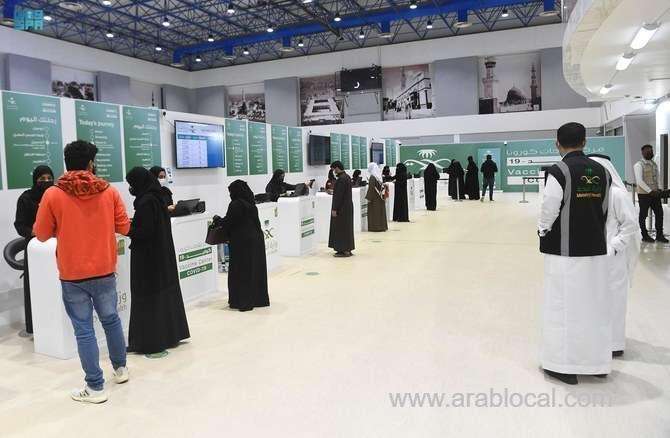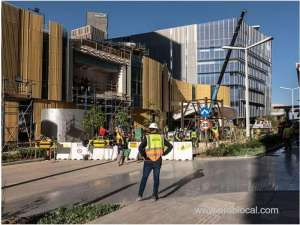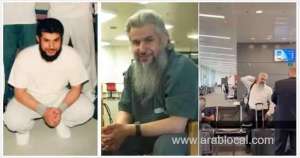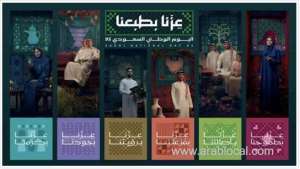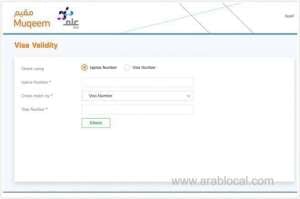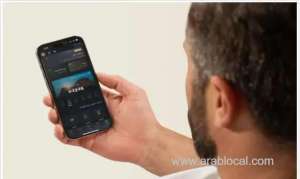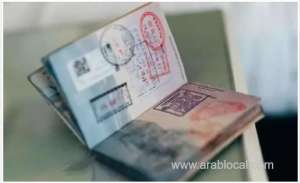In the kingdom, the COVID-19 pandemic is nearing its end, according to Dr. Abdullah Asiri, Assistant Deputy Minister of Health for Preventive Health.
According to Dr. Asiri, Saudi Arabia will emerge from the pandemic with a robust economy and health sector, while also strengthening its political position.
As a result, he explained that the most prominent reason for its distinction was the way the political leadership dealt with the pandemic at a time when world leaders were inactive and divided between hesitant and rejecting it.
Immediately following the outbreak, King Salman warned the Saudi people: "We are facing an exceptional situation that demands exceptional measures."
According to Dr. Asiri, one of the reasons the Kingdom is differentiated from others is its rapid response to challenges while introducing high-level and effective governance through which all relevant parties participate, and this allowed it to quickly take firm decisions.
Human health is the Kingdom's top priority, and the Ministry of Health and the Public Health Authority are tasked with managing this priority by carrying out a continuous assessment of risks, Dr. Asiri explained.
In order to protect the citizens and residents' health, it has proposed ideal strategies to handle risk elements. The protection order has also included the violator of the residence regulations.
Accordingly, the Kingdom based its decisions on the recommendations of the scientific committees by adopting scientific opinions, and one of the most important of these decisions was in relation to the COVID-19 vaccine as well as the introduction of the concept of community immunity and expanding testing.
"We have discussed Tawakkalna, Tabaud, Sehhaty, and Tatamman, all of them having unique success stories for the Kingdom," Dr. Al-Asiri said.
According to him, Saudi Arabia has benefited from digital technology since the first day of the Coronavirus pandemic while employing special techniques to track those infected and those in contact with those infected. Later on it documented the immunization operations.
Kingdom has benefited from the new media and government communication, he said, as it created continuous campaigns through which it communicated with the community in various creative ways to create awareness.
Most prominent were the "Kolluna Mas'oul" campaigns that meant that we are all responsible. Other drives included "OyounakTakfi" which means your eyes are enough to communicate, and "Nao'ud behat'har" which means we return with caution, and many others.
The Kingdom of Saudi Arabia, along with its partners, has launched the ACT-A initiative, and it was one of six countries that provided its fair share of funding, Dr. Asiri said.
Through the ACT-A initiative, Saudi Arabia has distributed 1.2 billion doses of vaccines and 96 million PCR tests to low-income countries, as well as personal protection tools and medicines.
